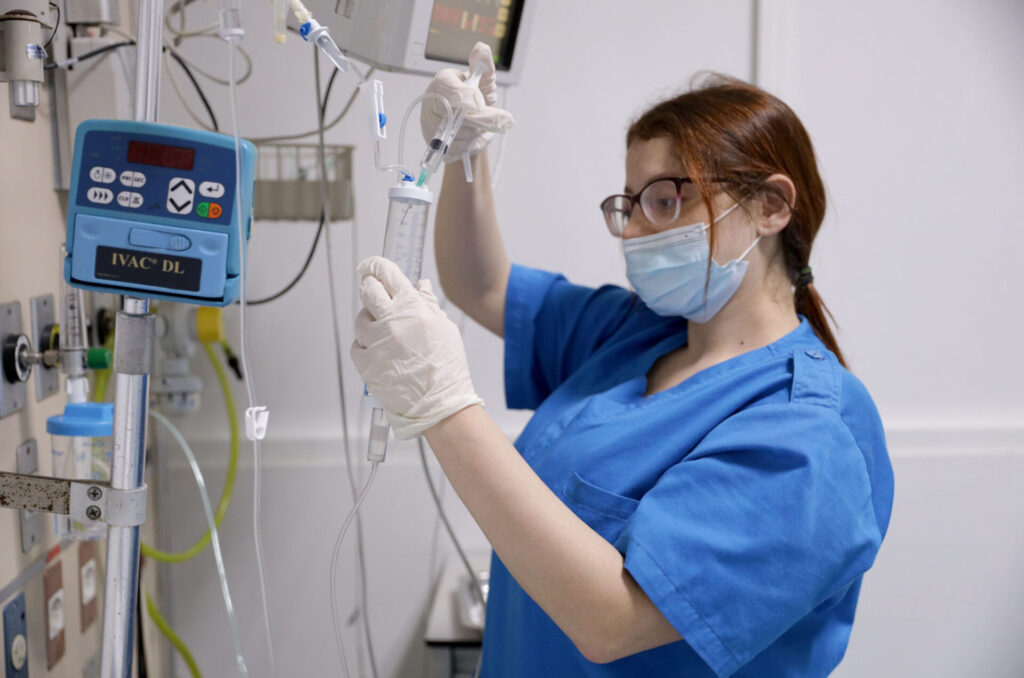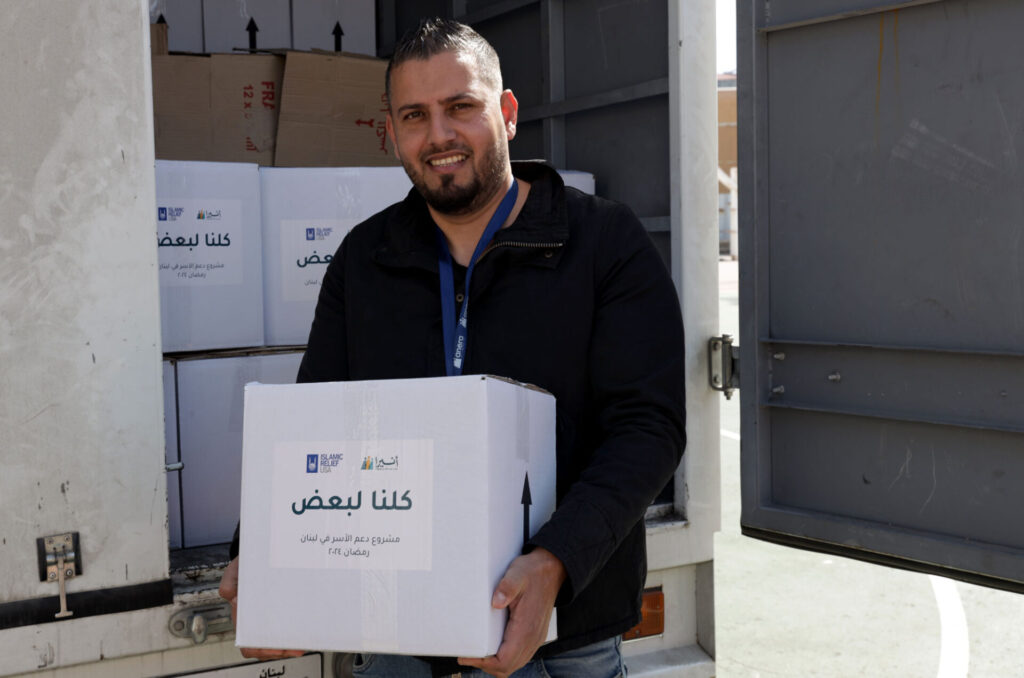Jan, 2021
“We were able to provide first aid support by using the flashlights of our cell phones."
The Hopital des Soeurs du Rosaire (Rosary Sisters Hospital) was severely damaged by the port explosion in Beirut, Lebanon last August. The private, nonprofit hospital is located just a few hundred meters from the blast site. Ten days after the blast, Sister Nicolas Akiki, head of the operations, radiology and laboratory department, recorded a video appeal from her office on the ground floor of the destroyed hospital.


“Everything was on the ground. Fifteen years of work was in rubble.”
One nurse was killed and eight more were severely wounded by the explosion. Many other staff sustained minor injuries. The hospital’s breast care center was completely destroyed, and the pharmacy and storage facilities were seriously damaged. The hospital lost millions of dollars worth of medicines and medical supplies.
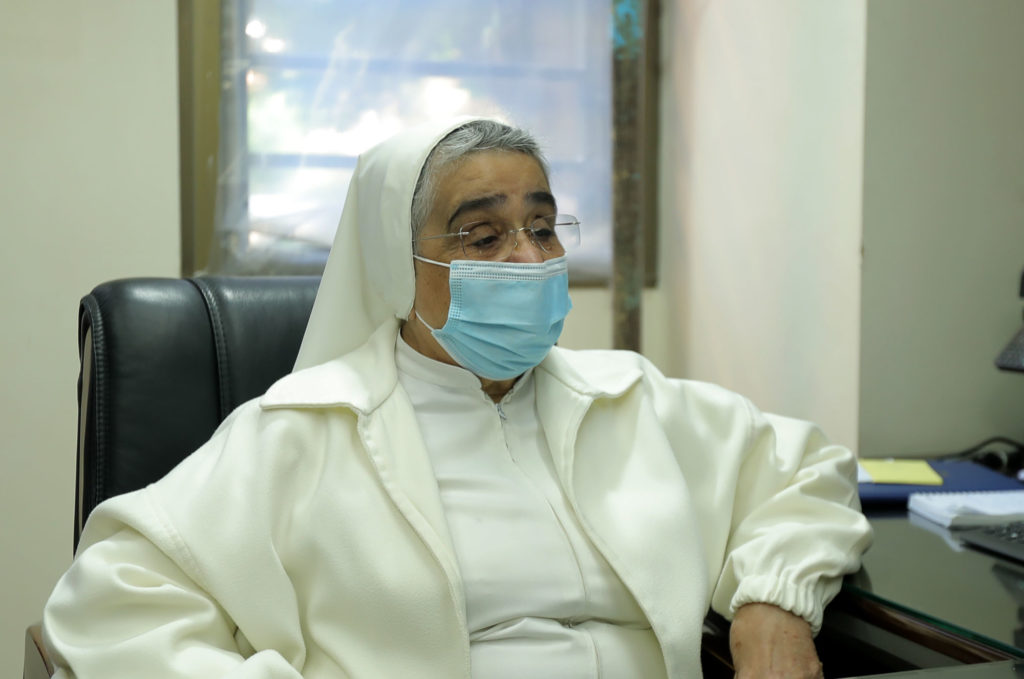

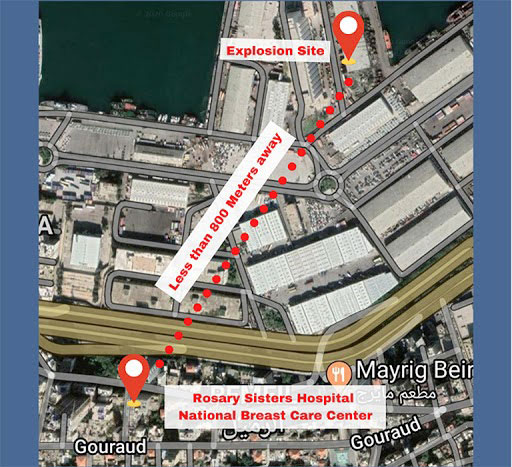

To respond to the urgent need to replace medicines destroyed in the explosion, International Health Partners generously donated a shipment of 46,470 units of the antibiotic vancomycin.
The 200-bed hospital in the Gemmayze neighborhood of Beirut has always depended on donors and charitable organizations to operate. Supplies of vancomycin don’t last long as a typical course of treatment requires a substantial number of doses. Doctors are now forced to prescribe less effective alternatives in the absence of vancomycin and many other basic medicines.
“Given its high consumption rate, we need a lot of vancomycin and other antibiotics, as well as several anesthetics used in operating rooms,” says Josiane Kanaan, pharmacy officer at the Rosary Sisters Hospital. “Everyone is afraid that the government will stop subsidizing anesthetics."
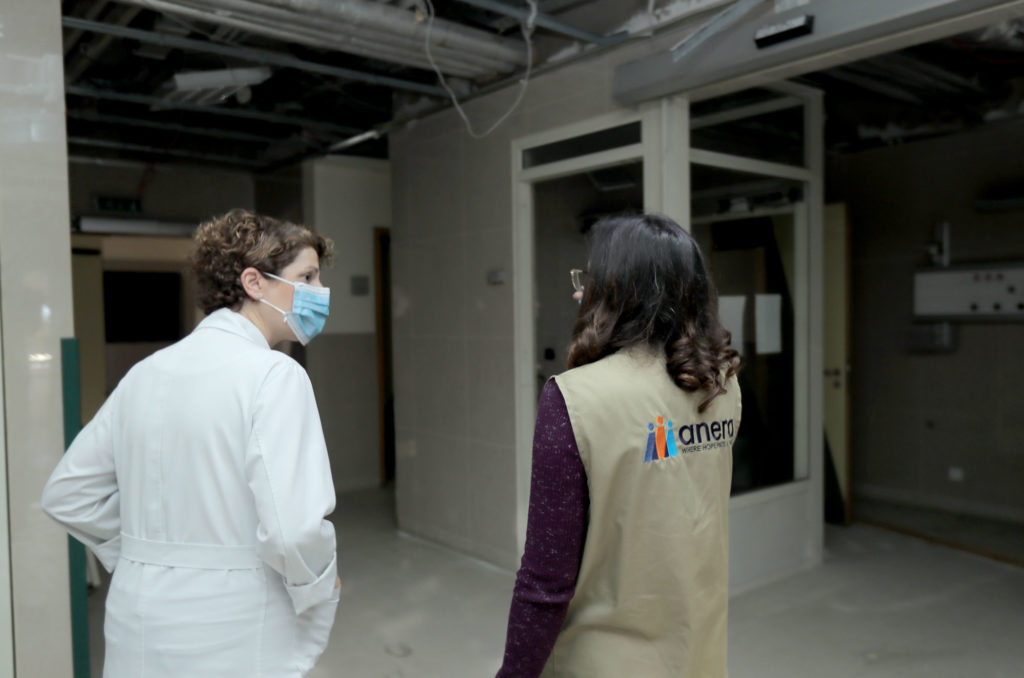

“I will never forget the moment of the blast,” Akika says. “I thank God that most of the staff had already left for the day, which lessened the number of injuries among our employees.
"The scene was terrifying. Some people had fallen from the buildings nearby into the hospital's parking lot. There was chaos and panic all around us as we rushed to evacuate patients from the upper floors to ambulances to transport them to other hospitals outside the capital, or to their homes."


“Our emergency department was destroyed, but injured people started arriving in need of emergency treatment and we could not turn them away."
"Despite the power cuts and all the turmoil, we were able to provide first aid by using the flashlights of our cell phones."
Although the hospital’s capacities are reduced while repairing the extensive damage caused by the Beirut blast, they are continuing to provide all the care they can to patients. Fortunately, the below-ground operating rooms on the lower floors suffered minimal damage and remained functional.
With the help of numerous international organizations and donors and volunteers from civil society, the staff have started renovating their hospital. They are now receiving patients in the radiology department and laboratory. And they are again providing outpatient treatments such as cardiac catheterization, minor surgeries and chemotherapy.
Akiki says,
“Despite the aggravation of the economic crisis and the spread of the COVID-19 pandemic at an accelerating pace, we have preserved our employees' jobs thanks to the donations and support we receive."
"Anera and its donors have kindly provided support by giving us free medicines that include antibiotics, various medical supplies, and personal protective equipment. This last donation of [vancomycin] from IHP is extremely beneficial and much needed.”
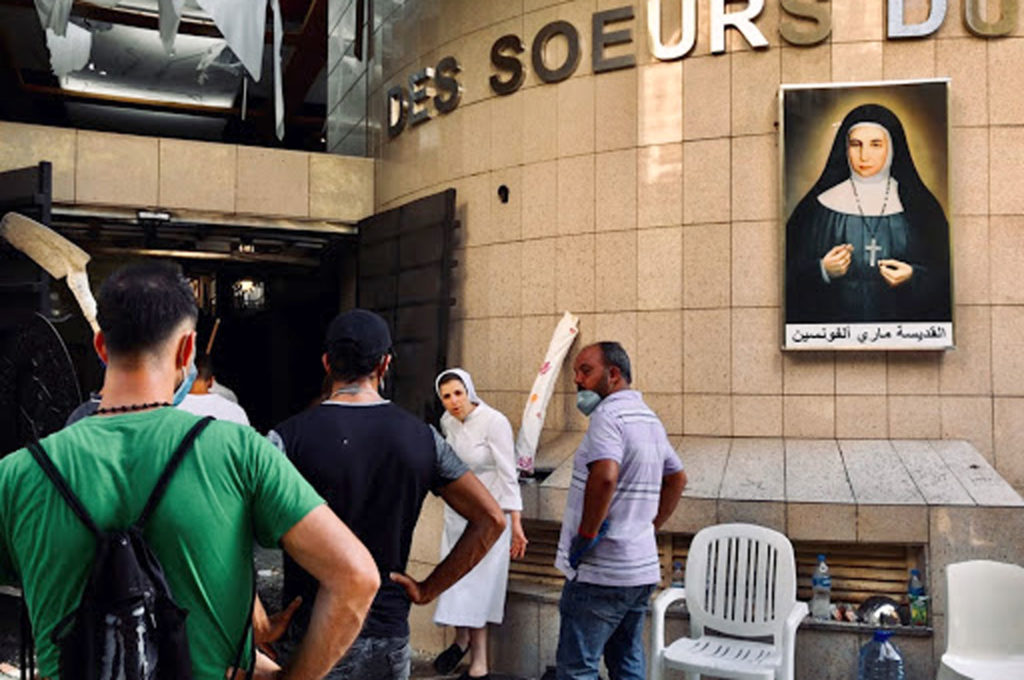



“The day after the Beirut blast I walked for hours amid the rubble, observing the destruction. It was devastating but I managed to stop myself from crying until I passed by the Rosary Sisters Hospital. A nun was standing by the entrance. Her face was neutral, but at the same time expressed a million contradictory feelings — anger, sadness, disappointment and fear. I couldn't hold back my tears anymore. This was real.”
— Serene Dardari, Anera’s communications manager in Lebanon

